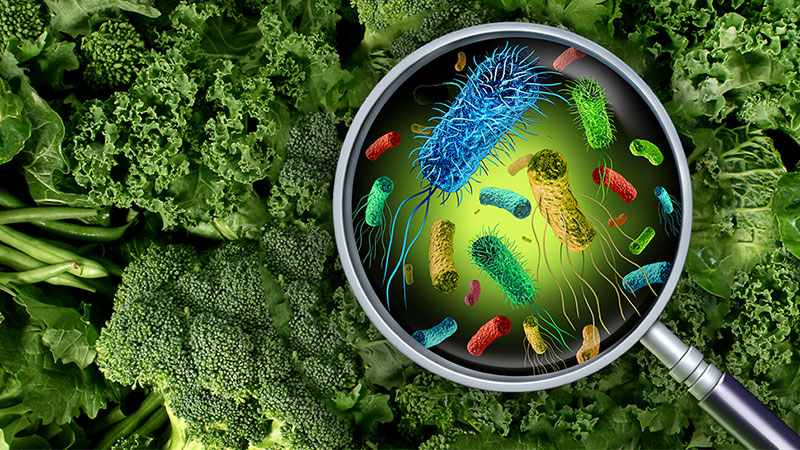



Article by: Hari Yellina
Growers have been reminded of the food safety concerns of such weather disasters as numerous horticulture regions on Australia’s east coast are still wiping up after recent flooding. The Fresh Produce Safety Centre Australia and New Zealand (FPSC) has urged impacted producers to investigate what steps must be taken to guarantee that their fresh produce and facilities do not pose a risk of contamination. During and after floods and significant storms, the organisation has produced a lot of useful information for managing fresh produce food safety. Dr. Andreas Klieber, chair of the FPSC, said it was critical to maintain a focus on food safety following floods.
“On this topic, we’ve created a list of resources for the industry. It’s critical that everyone in the supply chain, including growers, packers, and processors, understands the dangers of floodwater contamination and what to do about it “Dr. Klieber explained.
It’s also critical to monitor all water sources on a regular basis and adhere to microbiological restrictions while using water: